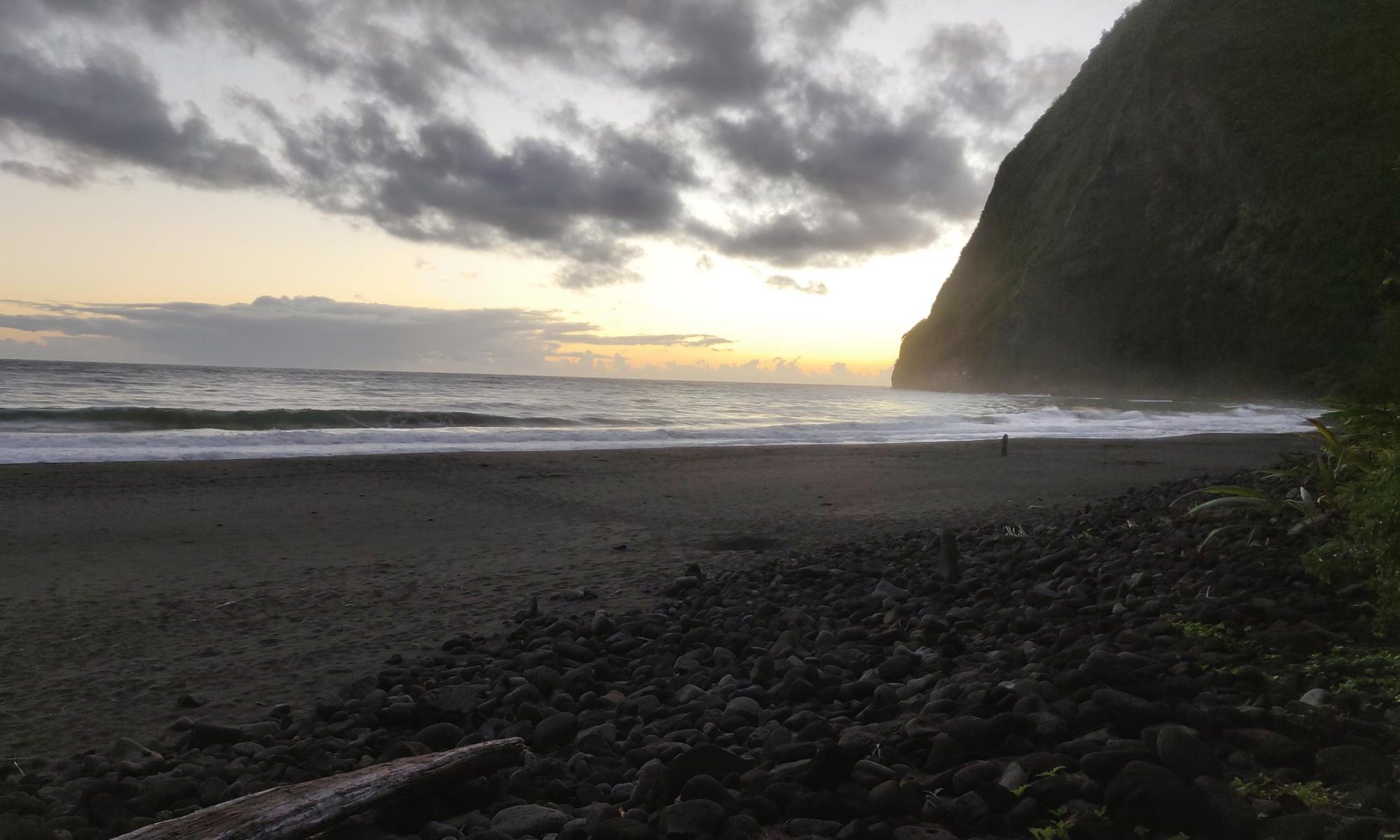I’ve been spending the last few weeks digging a bit deeper and taking a look at what ethical fashion really means, interviewing fair trade artisan brands, and talking to ethical apparel manufacturers abroad. Producing ethical fashion requires patience and thoughtfulness to navigate complex apparel supply chains and slow industry progress, there is no quick fix answer. There’s a reason why ethical fashionistas turn up their noses at brands like H&M who produce sustainable clothing at impossibly low prices. These low prices are a sign that something isn’t right. They might be using organic cotton or tencel fabric, but they are still producing in conditions where the (mostly) women making their clothing do not make a living wage. Consumer culture is conditioning consumers to expect low-cost clothing and companies are applying this framework to create greenwashed clothing, the fabrics might be sourced a little more consciously, but they’re still producing extreme excess and exploiting workers.
Last Saturday I attended Free the Slaves’ Fashion for Freedom Event in NYC to learn from their speakers on ways we can move forward and drive change as a community. Keynote speaker, Safia Minney, kicked off the event explaining the trajectory of her fair trade work in the fashion industry and how it’s led her to develop successful brands like People Tree and Po-Zu as well as write some foundational books in the industry like Naked Fashion, Slow Fashion, and most recently, Slave to Fashion. The keynote address was followed by a panel with Safia; Rebecca Ballard from Maven Women, a sustainable fashion brand based in DC with a radical approach to design and fit; Aaron Halegua a Research Fellow at the NYU Law School, he is an expert on labor rights, human trafficking and access to justice in the U.S. and internationally; and moderated by Executive Director of Free the Slaves, Maurice Middleberg. The night concluded with the 2018 Fashion for Freedom Award Winner, Flor Molina, telling her story of survival from being trafficked from Mexico to LA to work in garment production. After Flor’s escape from enslavement, her determination and perseverance have led her to play an instrumental role in passing the California Transparency Act and being appointed by President Barack Obama to serve on the first-ever U.S. Advisory Council on Human Trafficking.

Even though researchers estimate that 40 million people are enslaved worldwide, and 50% of slavery victims are in labor slavery, many people in the U.S. are ignorant of this. The harsh reality is that many of the goods in our homes have been touched by slave labor, yet your average consumer is completely unaware. The Fashion Industry has a responsibility to take action, as one of the least transparent and complex supply chains. The question is how to move the needle forward? Even ethical fashion veterans like Safia say that we’ve only just got the ball rolling, there is still so much to be done.
The Fashion for Freedom Event was a snapshot of what ethical fashion can be at its greatest and reminders of how we need to keep pushing for change. There were three main points that were driven home during the panel:
- Governments around the world, especially in countries with booming garment industries, need to create policies to eliminate modern slavery and find ways to enforce them.
- Consumers, particularly women, need to speak up, demand a better product, and hold brands accountable.
- Garment workers need the freedom to associate and collective bargaining power to stand up to their employers and ask for better working conditions.
These are three complex and tedious steps to eliminate modern slavery from the fashion supply chain, but policies like the California Transparency Act and the Modern Slavery Act (UK), as well as organizations like Fashion Revolution and the Clean Clothes Campaign, are helping to inch the industry forward.
Although big-name fashion brands are slow to take on social issues in their supply chains, disruptive social enterprises have stepped in with innovative solutions for decreasing poverty and helping women through economic development. Before and after the speakers, we got to shop a marketplace of fair trade brands like zero-waste fashion brand made in Cambodia, Tonlé; High-quality basics made by free women in India, Causegear, a brand sourcing locally in Haiti and empowering women, Deux Mains; a jewelry line designed in Maine and made impeccably by artisans in Nepal, Mulxiply, Scarves made by women who escaped trafficking or were at risk in Kenya, RefuShe and more.
Even though there was a sense that this is only the beginning and that enormous efforts still need to be made, there was excitement in the air. The room was full of a supportive community ready to take action and find ways to drive policy, consumer behavior, and industry change to protect people at every level of the supply chain.
—
Learn more about the Fashion for Freedom campaign on their website, http://www.ftsfashionforfreedom.com/.


